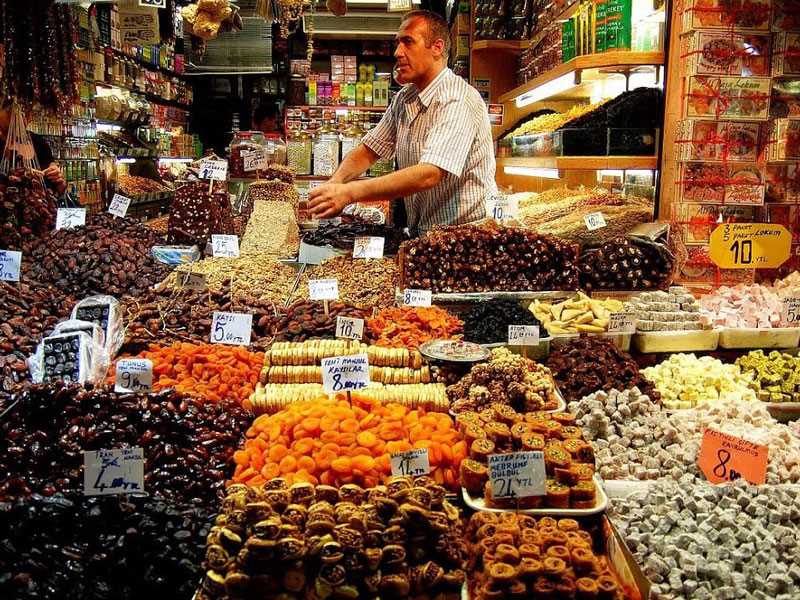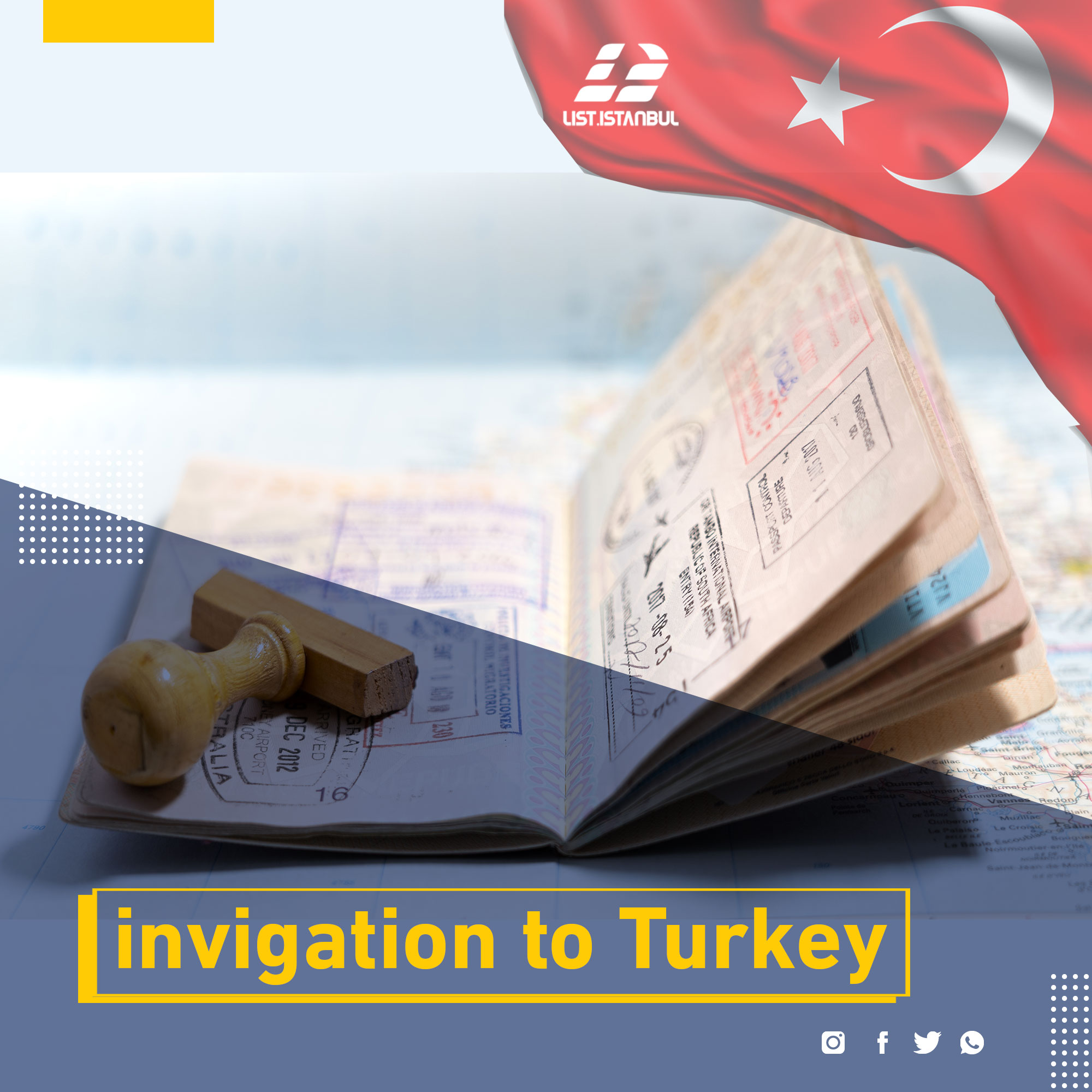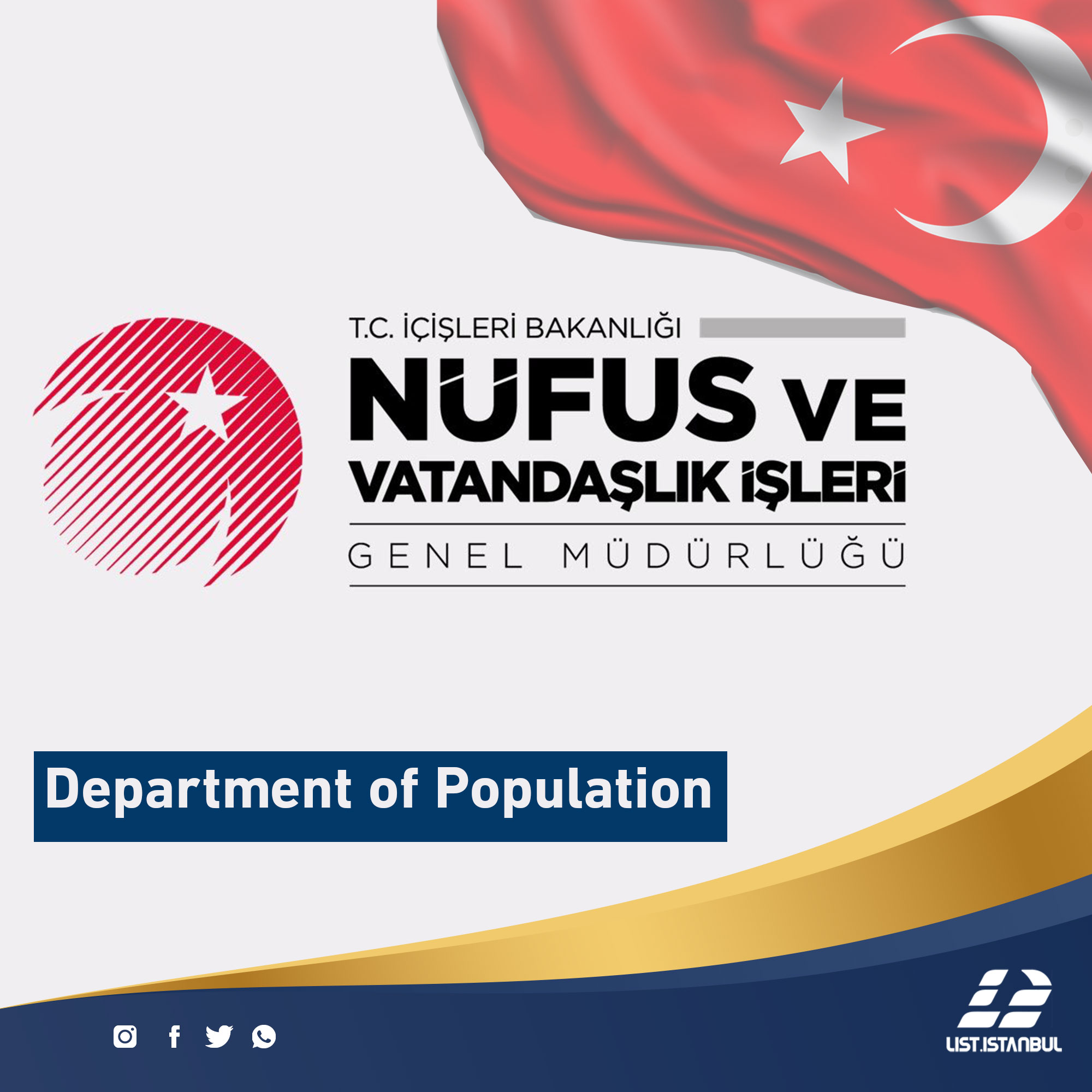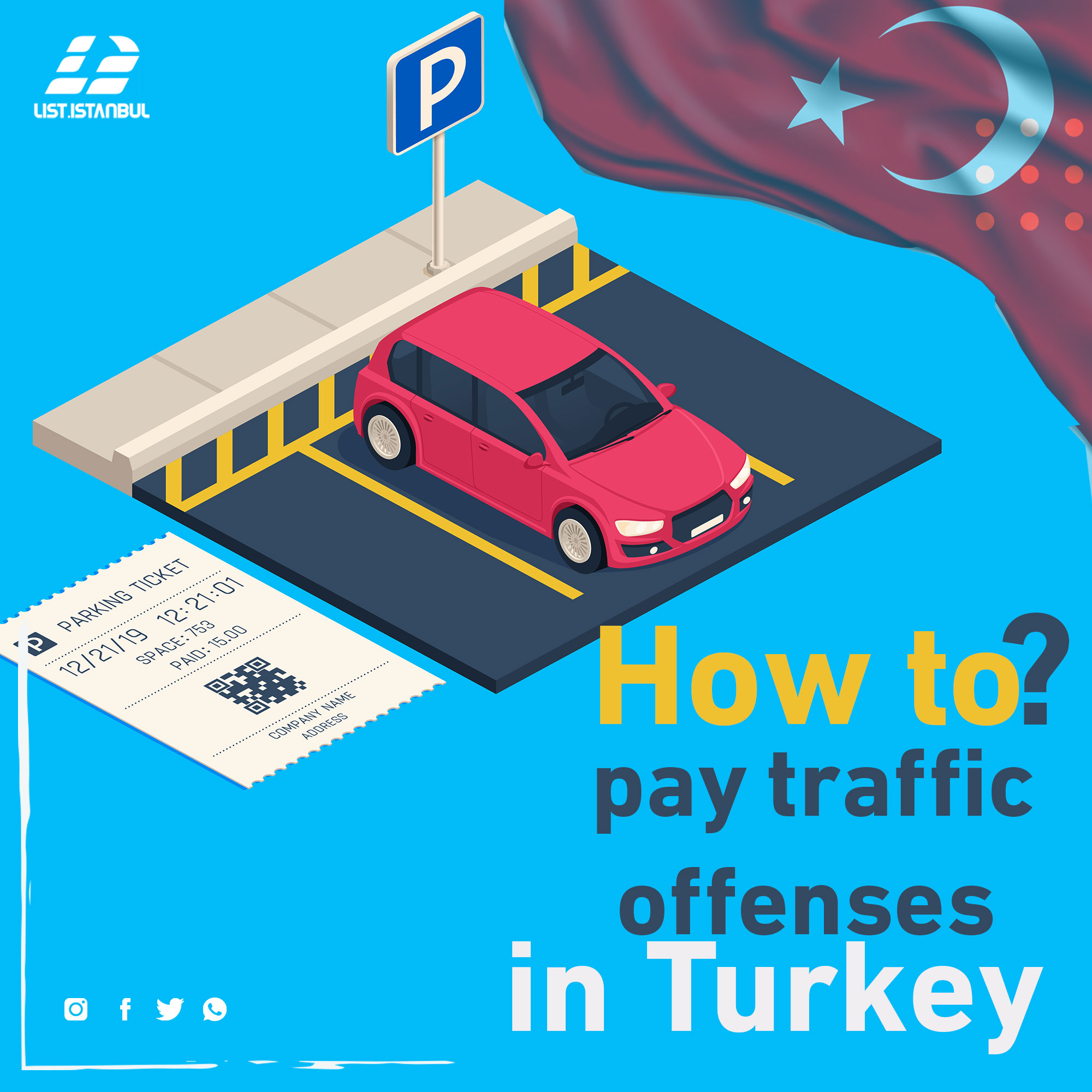Also called the spice market, where the Egyptian market smells of spices mixed with the smell of Turkish coffee. The second largest market in the city of Istanbul, where comes after the roofed market.
The Egyptian market is located in the Aminoo area, directly opposite the new Yeni Cami Mosque in the European part of Istanbul. Named the beginning of the new market Yeni Çarşısı and later took the name of the Egyptian market Mısır Çarşısı.
The Egyptian market takes the form of L, consisting of 88 vaults, 21 for gold and copper, 10 for gifts and accessories, 4 for clothing, and the rest for spices, herbs, spices, nuts, cheese, sausages, dried fruits, jam and seeds. On the Egyptian market there are many shops selling Turkish gold, textiles, carpets, glassware and brass decorated with Ottoman drawings and Arabic writings. As well as fabric and bathroom wear. The tour of the Egyptian market is a tour through ancient times. Its stone land, its ancient walls, its vaulted ceilings and domes, the clothing shops decorated with Ottoman paintings and paintings, the copper vessels decorated with Ottoman inscriptions, the Arabic inscriptions and the colorful jellyfish shops go back to antiquity, especially the Ottoman era.
History of the Egyptian Market
It is said that there was an ancient Byzantine market called Marco Anfalus, the place of this market. The history of the Egyptian market indicates that it was built during the reign of Sultan Murad III by Order of the Sultan Sultan of Turhan in 1597 to finance the construction of the new mosque Yeni Gami, which is located directly opposite the market, which took nearly 60 years to build. The market was officially opened in 1664 Sultan Mohammed III.
The market was exposed to fire two times in 1691 and was called the Egyptian market because of the stability of spices, herbs and coffee imported from Asia and India in Egypt first until it arrived in Istanbul via the Mediterranean Sea and took its current form after the restoration work carried out by the Municipality of Istanbul in 1940. The modern Turkish government in 1947 after the Second World War and because of the economic crisis of the country by adding many food products after the spices and medicinal herbs and coffee only sold in the Egyptian market.








